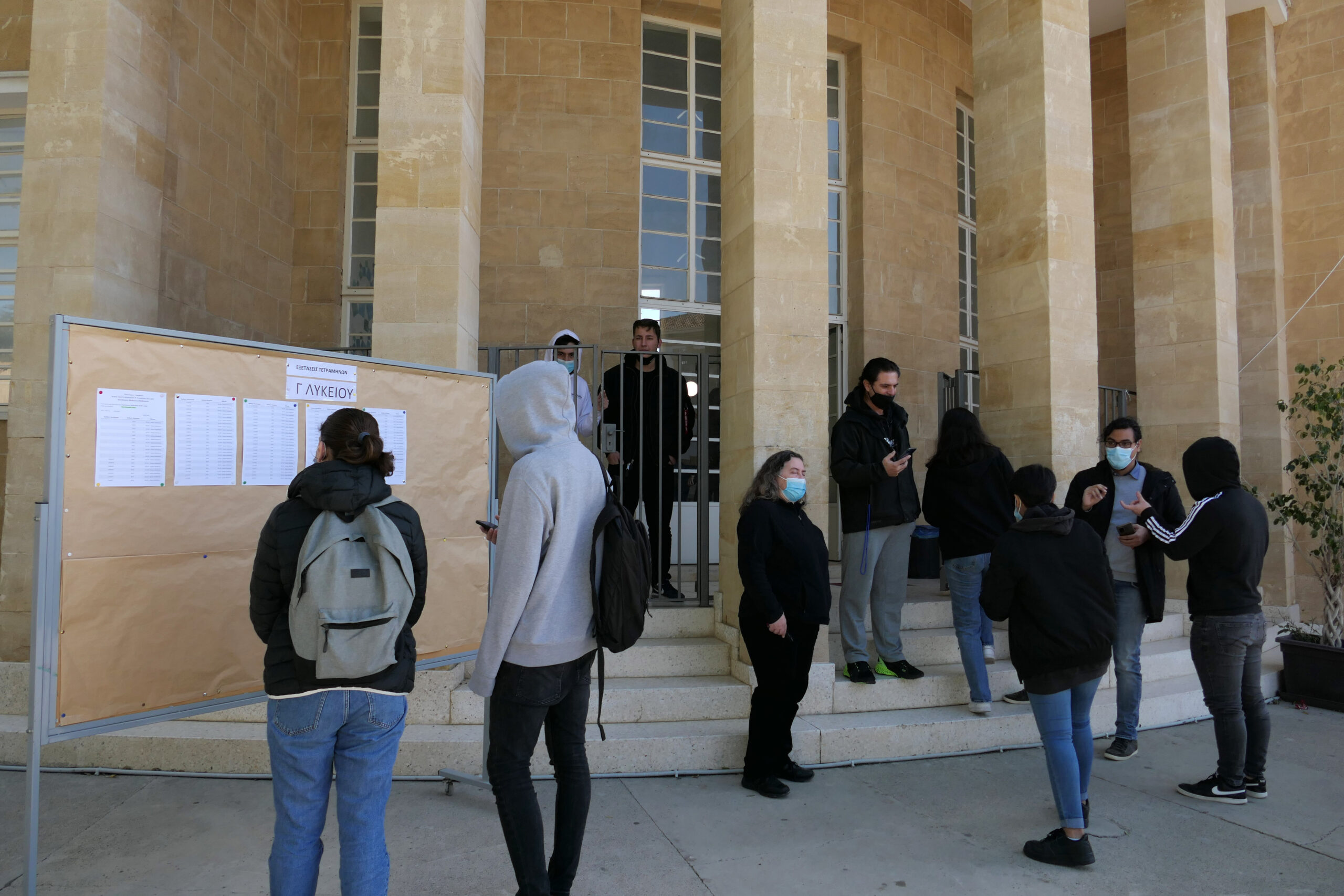As the conflict between Russia and Ukraine rages, it risks spilling into an unlikely arena -– classrooms and playgrounds in Cyprus, home to a sizable Russian population and a smaller Ukrainian community.
Trouble appeared to brew in schools in several cities, but especially Limassol, a seaside magnet on the holiday island and a financial hub that is sometimes dubbed “Moscow on the Med”.
Veronika, a 17-year-old Ukrainian student at a private school, said verbal spats had broken out between fellow nationals and Russian peers.
“My Russian classmates are worried…because they know the Russian army is being injured by the Ukrainian army,” she said.
“There are some conflicts. They care about their people, and we care about ours.”
Russia’s invasion of Ukraine, which began on February 24, has been denounced by Kyiv and Western powers as unjustified aggression, while Moscow says it wants “the demilitarisation and denazification” of its neighbour after failing to receive security guarantees.
At another school in Limassol, staff sent an email appealing to parents to shield their children from their opinions on the conflict.
“As is human nature, the children have been sharing the views of their parents with each other,” wrote Costas Constantinides, general facilitator at Lighthouse school.
“This has led to conflict, blaming and shaming,” he lamented in the email, which was also posted on Facebook.
Speaking to AFP, Constantinides said “inevitably there’s going to be some conflicts between students across the board, of all ages.
“They pick up snippets from parents.”
‘Never be the same’
There are more than 18,000 Russians and more than 4,600 Ukrainians living on the island, according to official Cypriot government statistics.
Olga, an ethnic Russian from Ukraine who has lived in Limassol for years, said fights had broken out between children.
The situation is all the more sensitive because “you cannot recognise, especially in children’s schools, which children are from where,” she said, pointing to cultural similarities and the large population of Russian-speaking Ukrainians.
In Larnaca, another city on Cyprus’ southern coast, 16-year-old Ukrainian Valeria has stayed at home for days.
“I can’t even go to school because everyone is talking about this,” she said.
Born on the island to an Israeli father and a Ukrainian mother, she is enrolled at a Cypriot state school in the port city.
While she has maintained conflict-free friendships with Russian classmates — and her own teacher has been supportive — she said that others have openly antagonised her.
Some Cypriot teachers had told her that people are dying because of “the president in Ukraine”, she said.
A Russian mother, Ksenia Kogan, said that even before the conflict erupted, tensions ran high at a private school that her son used to attend in the capital Nicosia – in particular between Ukrainian male students with opposing views on Russia’s role in Ukraine.
“It was always a problem… there were tensions, always, between the pro-Russian side” and their opponents, she said.
Many parents, both Russian and Ukrainian, hope that they will be able to stop the conflict from rupturing otherwise close ties between the two communities.
“I don’t blame or hate Russian people for what is going on!” Ukrainian mother Anna Forostyanaya wrote to other mothers on a WhatsApp group.
“I told my kids that it’s all about politics and has nothing to do with people,” she added.
But she told AFP that she fears “relationships will never be the same”.
By Joana Saba










